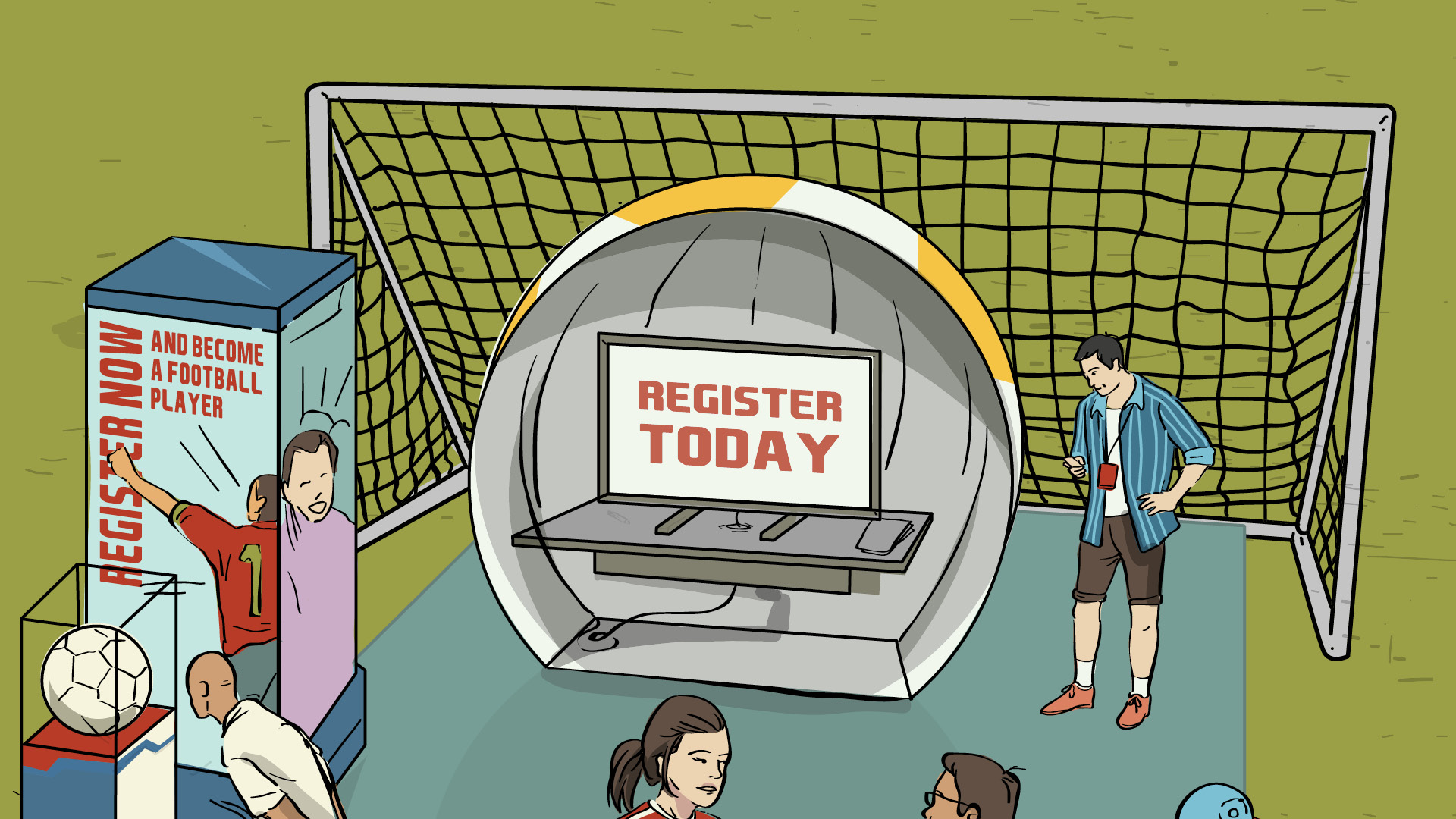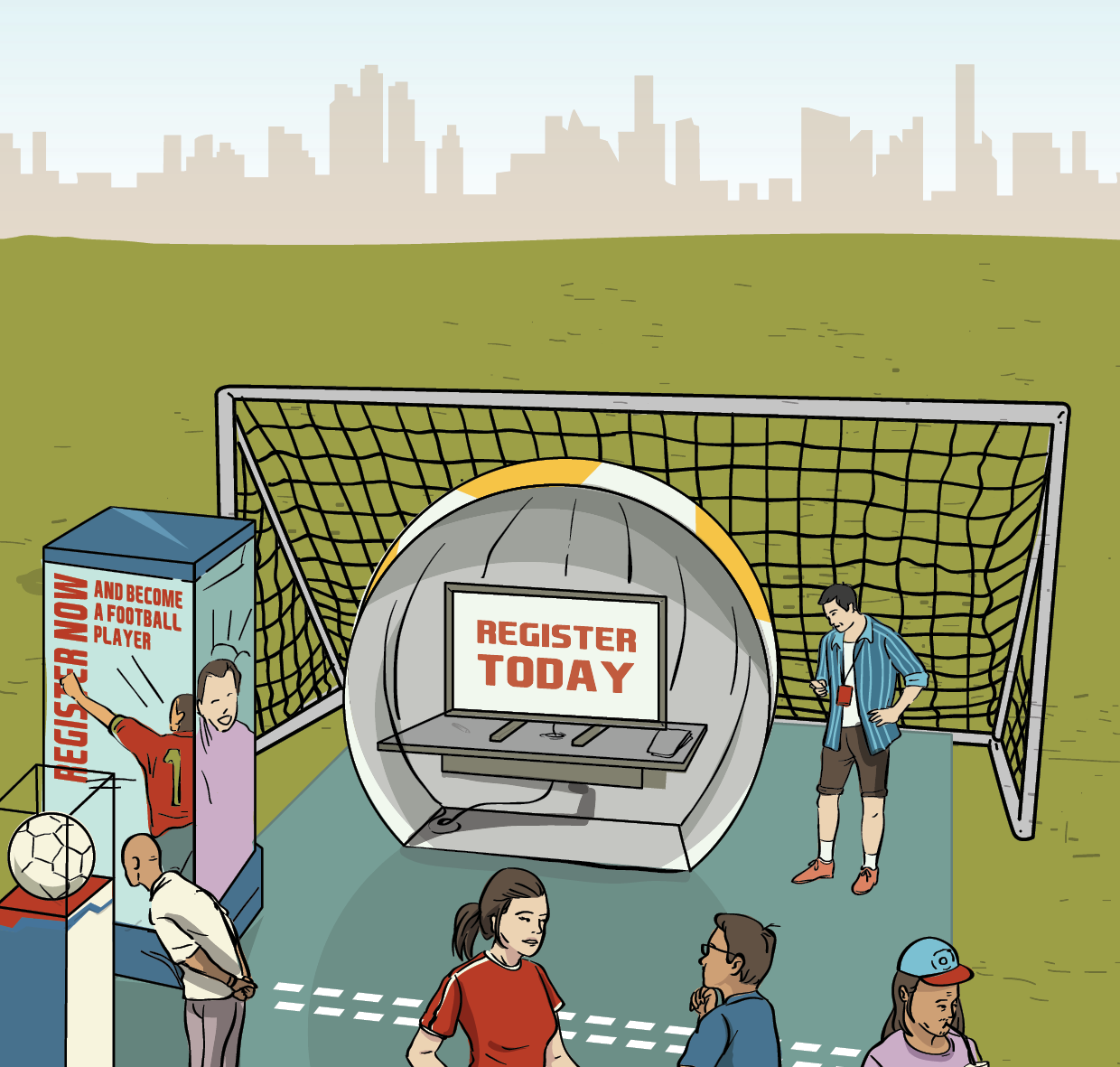- Arbitration
- Banking & Finance
- Capital Markets
- Commercial
- Competition
- Construction & Infrastructure
- Corporate / Mergers & Acquisitions
- Corporate Services
- Corporate Structuring
- Digital & Data
- Dispute Resolution
- Employment & Incentives
- Family Business & Private Wealth
- Innovation, Patents & Industrial Property (3IP)
- Insurance
Find a Lawyer
Book an appointment with us, or search the directory to find the right lawyer for you directly through the app.
Find out more
Real Estate & Construction and Hotels & Leisure
Real estate, construction, and hospitality are at the forefront of transformation across the Middle East – reshaping cities, driving investment, and demanding increasingly sophisticated legal frameworks.
In the June edition of Law Update, we take a closer look at the legal shifts influencing the sector – from Dubai’s new Real Estate Investment Funds Law and major reforms in Qatar, to Bahrain’s push toward digitalisation in property and timeshare regulation. We also explore practical issues around strata, zoning, joint ventures, and hotel management agreements that are critical to navigating today’s market.
As the landscape becomes more complex, understanding the legal dynamics behind these developments is key to making informed, strategic decisions.


2025 is set to be a game-changer for the MENA region, with legal and regulatory shifts from 2024 continuing to reshape its economic landscape. Saudi Arabia, the UAE, Egypt, Iraq, Qatar, and Bahrain are all implementing groundbreaking reforms in sustainable financing, investment laws, labor regulations, and dispute resolution. As the region positions itself for deeper global integration, businesses must adapt to a rapidly evolving legal environment.
Our Eyes on 2025 publication provides essential insights and practical guidance on the key legal updates shaping the year ahead—equipping you with the knowledge to stay ahead in this dynamic market.
The leading law firm in the Middle East & North Africa region.
A complete spectrum of legal services across jurisdictions in the Middle East & North Africa.
-
Practices
- All Practices
- Banking & Finance
- Capital Markets
- Commercial
- Competition
- Construction & Infrastructure
- Corporate / Mergers & Acquisitions
- Corporate Services
- Corporate Structuring
-
Sectors
-
Country Groups
-
Client Solutions
Today's news and tomorrow's trends from around the region.
17 offices across the Middle East & North Africa.
Our Services
 Back
Back
-
Practices
- All Practices
- Banking & Finance
- Capital Markets
- Commercial
- Competition
- Construction & Infrastructure
- Corporate / Mergers & Acquisitions
- Corporate Services
- Corporate Structuring
- Digital & Data
- Dispute Resolution
- Employment & Incentives
- Family Business & Private Wealth
- Innovation, Patents & Industrial Property (3IP)
- Insurance
- Intellectual Property
- Legislative Drafting
- Private Client Services
- Private Equity
- Private Notary
- Projects
- Real Estate
- Regulatory
- Tax
- Turnaround, Restructuring & Insolvency
- Compliance, Investigations and White-Collar Crime
-
Sectors
-
Country Groups
-
Client Solutions

- Law Firm
- /
- Insights
- /
- Law Update
- /
- June – July 2019
- /
- Registration of Professional and Amateur Football Players
Registration of Professional and Amateur Football Players
Bandar Al Hamidani - Partner - Corporate / Mergers and Acquisitions
Pedro Castro - Senior Associate - Corporate / Mergers and Acquisitions
 Introduction
Introduction
FIFA Regulations on the Status and Transfer of Players (‘FIFA RSTP’) set out the relevant rules governing the registration of players and the relevant contractual relationships between players and clubs in football. National football associations must comply with the binding provisions mentioned in FIFA RSTP. These provisions must be included, without modification, in the relevant regulations of each and every national association. According to Article 1.3.a) of FIFA RSTP, such binding provisions include Articles 2, 3, 4, 5, 6, 7, 8, 10, 11,12bis, 18ter, 19 and 19bis of FIFA RSTP. Accordingly, national football associations must incorporate the binding provisions in their own regulations. Among others, provisions concerning the registration of players are deemed mandatory.
The Status of Players
Football players are either amateurs or professionals. Pursuant to Article 2 of FIFA RSTP, professional football players are defined as all those who have a written contract with a football club and are paid a reasonable remuneration that cover all living costs and expenses. All players who do not have a written contract and/or need to obtain remuneration from other sources are considered amateurs.
Change of Status
All football players start their career as amateur players. Those who have the capacity to pursue a professional career are normally offered the first professional contract when they become of age. Talented young players may be offered contracts as professional players at the age of 16 or 17, when they start having the prospect of being called to the first team.
Once professional, it is likely that a football player will maintain that status for many years. But it is possible for a player to change his status to amateur. According to Article 3 of FIFA RSTP, a player can only be registered as amateur after 30 days of the last match as professional. And it is also possible for the same player to be re-registered as professional, at any time.
However, if a professional player registers as amateur and re-registers as professional within 30 months, the new club must pay the relevant training compensation to other clubs, as may be due.
Registration of Players
The registration of football players is regulated under Article 5 of FIFA RSTP.
First of all, it is important to emphasise that all football players need to be registered irrespective of the relevant status. It is mandatory that professional players, as well as amateur, are registered with a football club in order to be eligible to play in organised competitions. Such registration is made with the relevant national association. Failing to use a football player who is not duly registered in an official match will result in sanctions to the player and/or the club.
Secondly, football players can only be registered with one club at a time. It is not admissible for the same player to maintain registration with two clubs simultaneously, even if the clubs are affiliated with different national associations.
FIFA RSTP also stipulate that players can be registered with a maximum of three clubs during one season, but can only be eligible to play for two clubs. As an exception to this rule, a player may be eligible to play for a third club if the player moves to a club of a national association which season overlaps the season of the previous club (for example, autumn/summer as opposed to spring/winter) and provided the player has fully complied with the contractual obligations towards the previous club.
When a player wants to be registered with a club from a different national association, the new registration is conditional upon the issuance by the former association of an International Transfer Certificate (also simply known as ‘ITC’).
Registration Periods
One of the most relevant aspects of football competition, namely in regards to the transfer of players, is the registration period also commonly known as the ‘transfer window’. There are two annual transfer windows which periods are determined by each national association separately, at least 12 months in advance. Normally, there is one registration period in the summer and another in the winter, but the specific dates will depend on when the season starts in each national association. It is possible for national associations to determine different registration periods for the male and female competitions. In case an association fails to determine and communicate the relevant registrations periods, the same shall be fixed by FIFA.
According to Article 6 of FIFA RSTP, the registration period between the end of one season and the start of the new season cannot exceed 12 weeks. The registration period in the middle of the season has a maximum of four weeks.
Football players can only be registered within one of the two annual transfer windows fixed by the national association of the relevant new club. This rule allows, for example, a player to be transferred from a club in one country in which the transfer window is closed to a club in a different country in which the transfer window remains open. Every year, we witness the transfer of many players from clubs from top European leagues to clubs in Eastern Europe and in the Middle East, where registration periods remain open for a few more weeks.
Registration of Free Players
Notwithstanding the above, football clubs are allowed to register free players outside of the transfer windows. Article 6.1. of FIFA RSTP expressly stipulates that “a professional whose contract has expired prior to the end of a registration period may be registered outside that registration period”.
This exception is only applicable to professional players and to those whose contracts have expired (or been terminated) prior to a registration period. It is important to observe that national associations must give due consideration to the sporting integrity of competitions. Accordingly, national associations may fix a deadline for the registration of free players outside of a transfer window. In particular, it is common to see a prohibition to register players in the last rounds of a competition league (for example, within the last five or ten matches).
It is also important to clarify that if a professional player terminates his contract, for whatever reason, after the end of a registration period, he will not able to register with another club before the next registration period.
Registration of Amateur Players
The requirements mentioned above are not applicable to competitions which are 100 percent amateur, i.e., where all participant players are amateur.
Similarly, to professional competitions, national associations also need to determine the registration periods for amateur competitions. However, such periods are typically longer than the ones fixed for professional competitions.
It is worth noting that with regard to clubs participating in professional leagues that intend to register amateur players, they will need to abide by the provisions concerning registration periods.
Registration Status upon Termination of Activity
According to Article 4 of FIFA RSTP, professional players who end their career upon expiry of the relevant contracts will remain duly registered for an additional period of 30 months. The same is applicable to amateur players who terminate their activity.
The period above is counted from the last official match of the player by the club.
Al Tamimi & Company’s Sports & Events Management team regularly advises on the transfer and registration of players. For further information, please contact Bandar Al Hamidani (b.alhamidani@tamimi.com) or Pedro Castro (p.castro@tamimi.com).
Stay updated
To learn more about our services and get the latest legal insights from across the Middle East and North Africa region, click on the link below.


